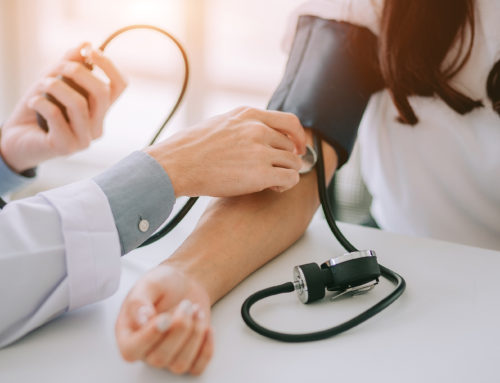To protect public health, the Medicines and Healthcare Products Regulatory Agency (MHRA) has changed the licence for valproate medicines (Epilim, Depakote and generic brands).
Valproate must no longer be prescribed to women or girls of childbearing potential unless they are on the pregnancy prevention programme (PPP).
Valproate is a treatment for epilepsy and bipolar disorder. Children born to women who take valproate during pregnancy are at significant risk of birth defects and persistent developmental disorders. If valproate is taken during pregnancy, up to four-in-10 babies are at risk of developmental disorders, and approximately one-in-10 are at risk of birth defects.
Healthcare professionals who seek to prescribe valproate to their female patients must make sure they are enrolled in the PPP. This includes the completion of a signed risk acknowledgement form when their treatment is reviewed by a specialist, at least annually.
All women and girls who are prescribed valproate should be encouraged to contact their GP and arrange to have their treatment reviewed. No woman or girl should stop taking valproate without medical advice.
These regulatory changes will be further supported in the upcoming months by:
- Smaller pack sizes to encourage monthly prescribing
- A pictogram / warning image on valproate labelling
These new regulatory measures are being supported across the NHS with other authorities also making changes – such as new GP system computer alerts – to make sure changes in prescribing behaviour take place promptly. NHS Digital has worked with GP systems suppliers to provide a search and audit function to identify women and girls on valproate as well as updating valproate prescribing alerts. A letter will be sent to all relevant healthcare professionals in the coming weeks outlining the new requirements and providing updated educational materials.
In parallel, the National Institute for Health and Care Excellence (NICE) is amending its guidelines where valproate is mentioned, to reflect the new regulatory position. NICE has also begun work on a full update of its guideline on epilepsy. This will specifically focus on areas where valproate is currently regarded as the drug of choice and where this conflicts with the new position.
Working together, across the health sector, these measures will help reduce the number of pregnancies exposed to valproate medicines to an absolute minimum and will make sure all women and girls of childbearing potential are aware of the risks.
Since it was introduced in 1974, the information provided with valproate included a warning about the possible risk of birth defects. As with all medicines, the safety of valproate has been kept under constant review and as new data have become available, and the magnitude and the nature of the risks were better understood, warnings were updated – resulting in this most recent regulatory change.
Dr June Raine, Director of MHRA’s Vigilance and Risk Management of Medicines Division, said, ‘Patient safety is our highest priority. We are committed to making sure women and girls are aware of the very real risks of taking valproate during pregnancy. However, we also know it is vitally important women don’t stop taking valproate without first discussing it with their doctor.
‘This regulatory position has been developed through close collaboration with professional bodies, health system organisations, and patient and campaign groups.
‘I would like to particularly thank the families involved in the Valproate Stakeholder Network who have shared their experiences and expertise with us. Their support will help keep future generations of children safe.’







